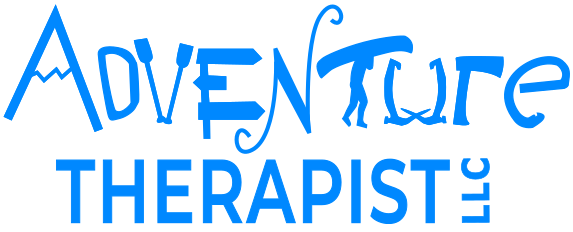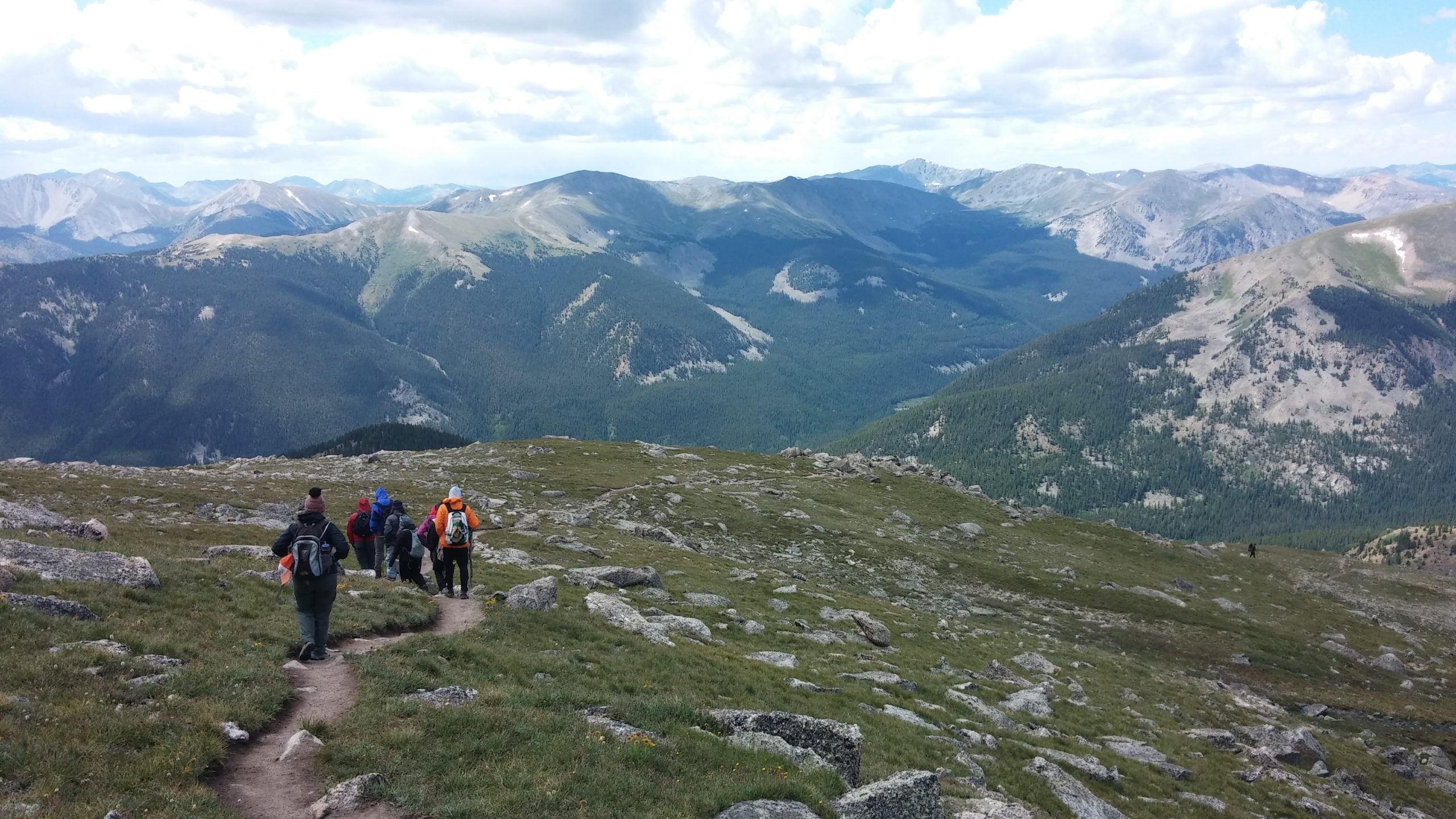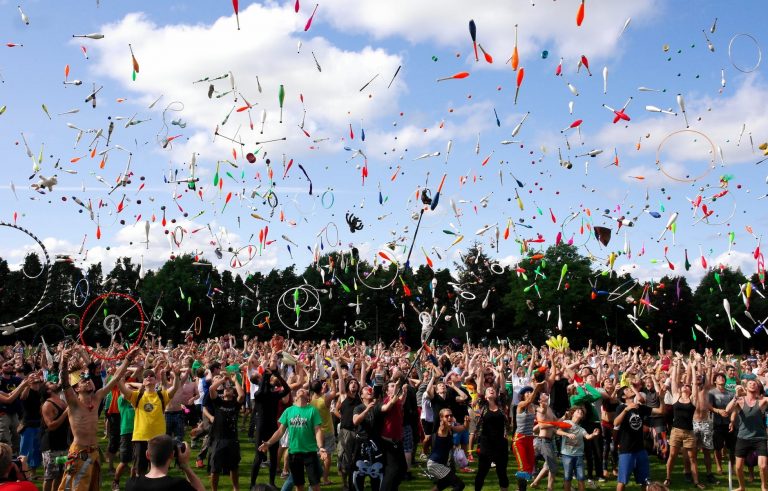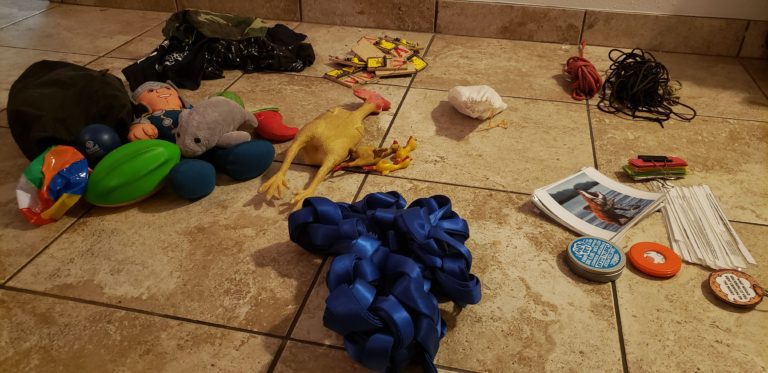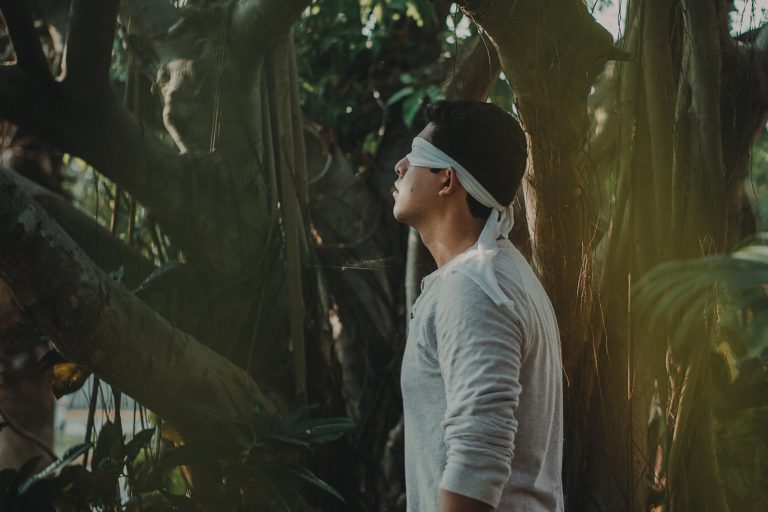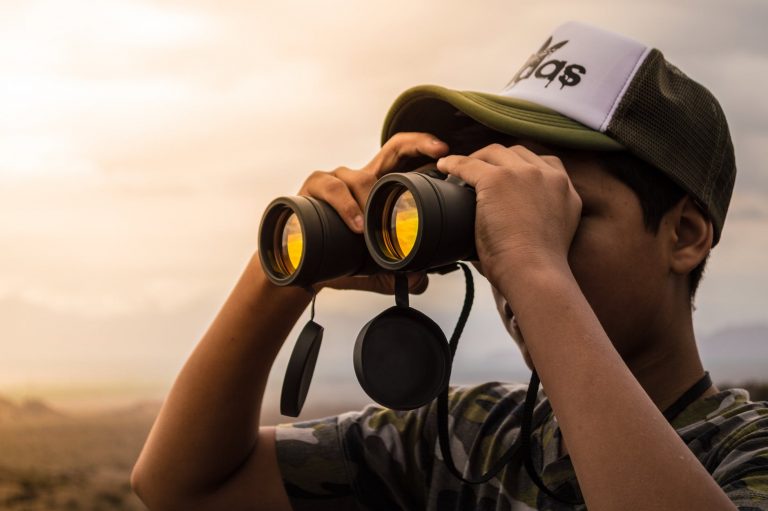Why We Need Adventure
If you found out today that you were going to be assigned to work with a new co-therapist, my guess is that you would probably have a LOT of questions.
What questions would you have about them? Perhaps, you might want to get an understanding of their style of facilitation, their approach to client behaviors, their philosophical beliefs on the change process. Would you try to get a sense for how your relationship might evolve? Is this the type of co-worker you would want to go have coffee with? Would you commit to sharing regular feedback? Can you trust them?
Now, imagine that you get to facilitate with a co-therapist that is a dear friend. You already know the answers to most of those questions. My hunch is that you would still want to spend a little time (even if it is just a quick moment to check in first) setting some intentions and planning. What roles will you each step into? What goals do you have? What ways are you challenging yourself? Without this planning, even though you know each other well, you would be left only with your assumptions about how your trusted colleague is going to show up.
Adventure as Co-Therapist
In Adventure and Wilderness Therapy we frequently refer to either the activity or the wilderness as our co-therapist. In this metaphor, the wilderness is holding boundaries that I don’t have to, or the activity is helping to generate insight that I might not discuss if it were just me in talk therapy session with my client. It’s like working with another therapist, and they are doing some of the work. But just like the story above, shouldn’t we be asking the same questions about our adventure co-therapist’s style, philosophy and what assumptions we make about their role and approach?
Absolutely!
But, there’s a big difference between trying to understand our relationship with a human co-therapist and trying to understand our relationship with a conceptual “adventure co-therapist”. First and foremost, our relationship with adventure is what creates our relationship with our “adventure co-therapist.” In other words, it is easy to assume that the role of adventure in adventure therapy is similar to the reasons that adventure was important or therapeutic for us in OUR life.
The Wisdom to Know What We Need(ed)
“ I suppose it’s true that I developed a therapy that provides the things I needed for so many years and never got.”
– Marsha Linehan
https://www.nytimes.com/2011/06/23/health/23lives.html
One doesn’t need to look too far to find examples of therapies that were created by individuals struggling with the very issues their treatments were designed to help. Marsha Linehan, (founder of DBT) has discussed her own struggles with many of the symptoms of Borderline Personality Disorder. Bessel Van der Kolk, a leading researcher into the impacts of trauma, has discussed his own experiences of abuse and trauma during his childhood in The Hague. This list goes on…
Therapists’ worldviews influence their therapeutic orientation, so as adventure therapists, it’s crucial that we understand what it is about adventure that we value as individuals. Personally, experientially, and culturally, we carry beliefs about how adventure or wilderness work, why they are important, or what it does for us; however, it is a risky endeavor to assume these will be the same for all other adventure practitioners, or our clients. Just the same way that we work as clinicians to understand our own triggers, patterns, beliefs and assumptions about the people we work with, it’s imperative to understand the same concepts in relationship to the adventurous approach we have chosen.

Why I Needed Adventure
For the sake of illustrating my point, I’ll share my own path into Adventure, and ultimately into adventure therapy. First, I’ve always found time in nature calming and rejuvenating. I grew up wandering in the forests on my family farm in New England, playing with frogs, building forts, and pretending to be everyone from Davey Crocket to Sir Edmund Hillary. Second, I grew up in Rhode Island during the early days of the “X-Games” and I was absolutely fascinated by it. I developed a connection to idea of being “an extreme athlete.” For me, I’m sure it was about a desire to actually be ANY kind of athlete, and was an exaggerated response to my own insecurity. I don’t think that I saw some of my role models as actually athletic (even though they were) but more so, I saw it as a particular frame of mind. When I found adventure (first in the form of mountain biking, then later through skiing, rock climbing, whitewater kayaking, mountaineering, and backpacking), it became an outlet for my desire to take chances and to “go big” to embrace the mindset I so admired.
My Adventure Co-Therapist
My assumptions about the role and value of adventure and wilderness in adventure therapy were, and are strongly influenced by my personal connection with “going big” and finding serenity in natural places. Earlier in my career these assumptions were relatively unchecked, and I’m sure this led to a belief that risk and challenge were the most important parts of the adventure experience. It also led me to be less risk-averse in my work with clients (and a few conference presentations too). As I have had the opportunity to work with individuals from a variety of backgrounds and cultures, I’ve also realized that my assumptions about the role of wilderness as inherently calming or rejuvenating are not universal beliefs.
These insights about my tendencies, their origins and their implications for my clients have helped turn risk in adventure therapy from an assumption to an intentional tool that can be used when appropriate. I’ll dig into this idea a bit more in future posts.
I hope that sharing my story has helped to connect the idea to its implications. Now, let’s talk about YOUR story!
When you think about your experience with adventure, what are the reasons you were drawn to adventure in your life?
How has that shaped your assumptions about the role of adventure in adventure therapy?
